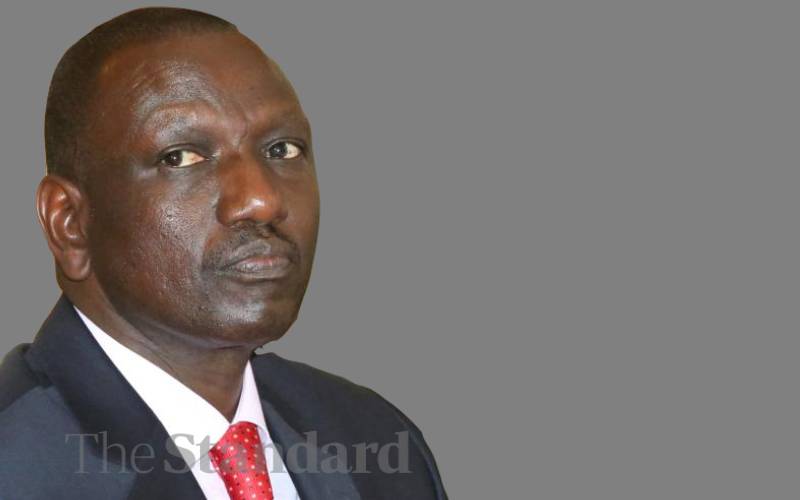
DP William Ruto. [File, Standard]
Sometimes in January 1930s, President Herbert Hoover found himself in an unfamiliar position: He was about to lose his job. Unsure of what the future might hold, he found himself in the middle of desperate times – the Great Depression. The New York Stock Exchange bubble had burst violently on October 24, 1929, a day that came to be known as Black Thursday. The stock market would eventually fall almost 90 per cent from its 1929 peak. The crash wiped out nominal wealth, both corporate and private, sending the US economy into a tailspin. Ripples from the crash spread across the Atlantic Ocean to Europe, triggering wider financial crises. In 1931, the economic calamity hit all continents in full force.